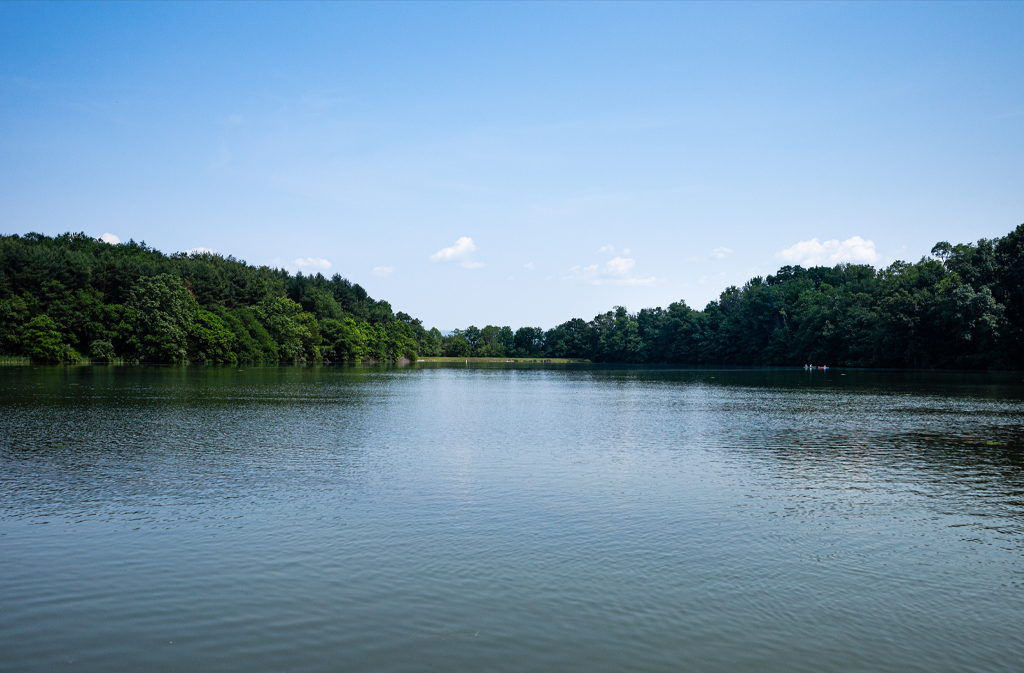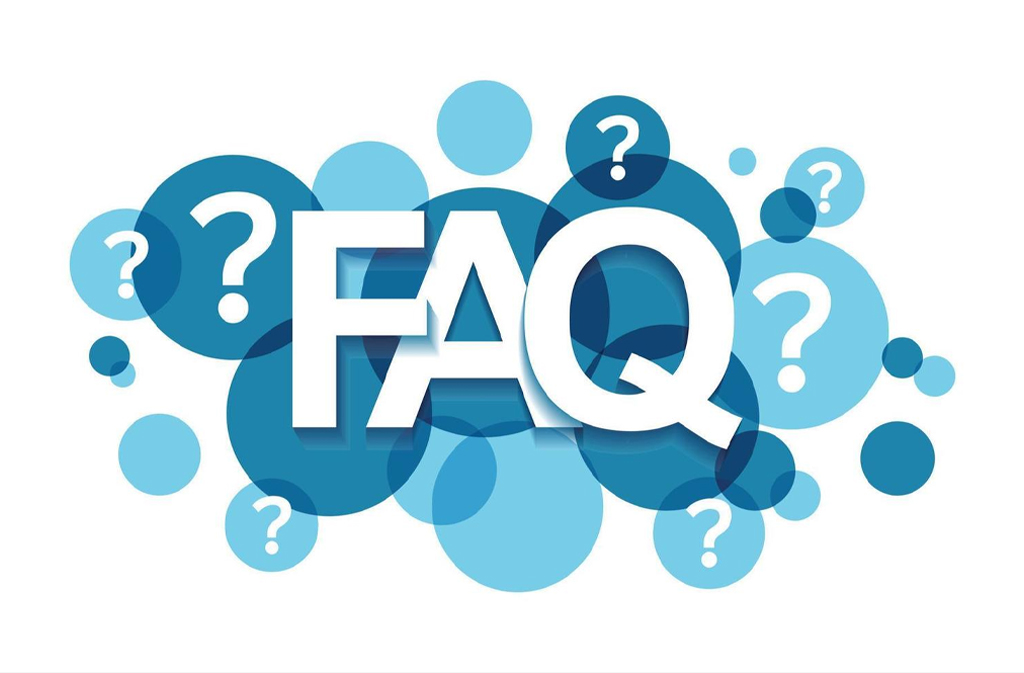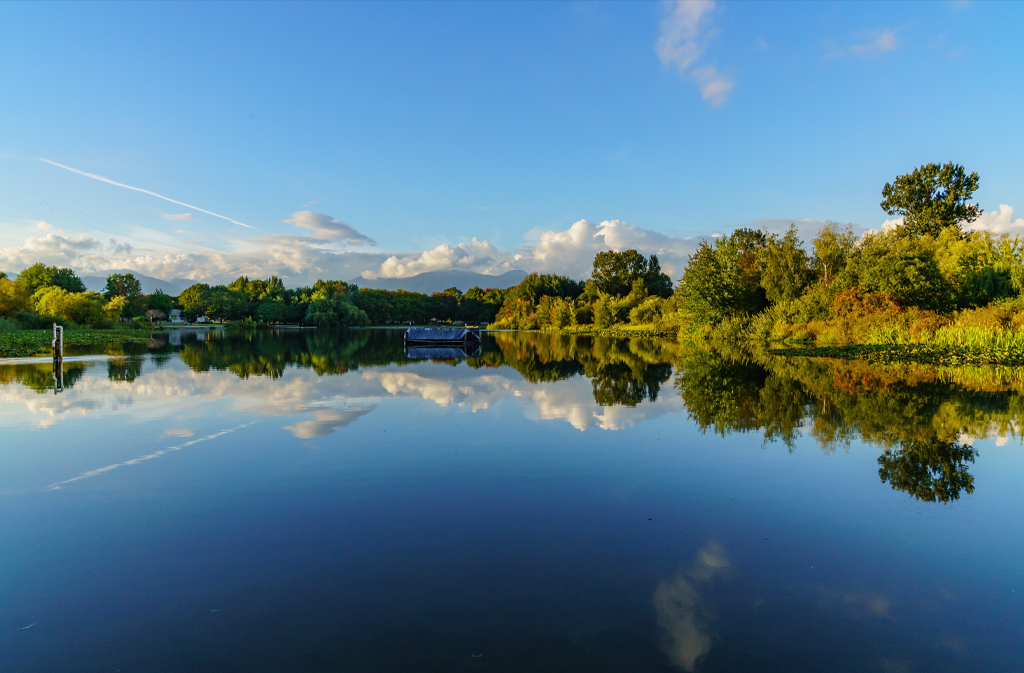Lake Texoma should be capitalized because it’s a proper noun—and that means it’s the official name of a specific place. In grammar, proper nouns always begin with capital letters. This includes names of people, cities, rivers, mountains, and of course, lakes. Many people are unsure when to capitalize names like this, so let’s make it easy to understand.
Using correct capitalization helps readers know you’re talking about a real, unique place. Just like you’d write “Mount Everest” and not “mount everest,” the same rule applies here. Lake Texoma is not just any lake—it’s a specific and important one, and that makes all the difference.
Table of Contents
Why Lake Texoma Should Be Capitalized in Writing
When we talk about places that have names, we’re using what’s called a proper noun. A proper noun is always written with a capital letter at the beginning. So, Lake Texoma should be capitalized in every sentence where it’s mentioned. If you don’t, your writing could look unprofessional or incorrect.
In school or in work, using correct grammar shows that you care about what you’re saying. For example, imagine seeing a sign that says “lake texoma tours.” It doesn’t look right, does it? That’s because our brain expects names to be capitalized. Following this simple rule makes your writing easier to read and understand.
On top of that, when you’re writing stories, articles, or social media posts, you want to sound smart and trustworthy. One easy way to do that is by capitalizing names correctly. You don’t need to be an expert, but learning small rules like this can go a long way.
Capitalization Is a Sign of Respect and Accuracy
Believe it or not, Lake Texoma should be capitalized out of respect for the name and its meaning. Just like we capitalize names of people, we do the same for important places. Lake Texoma is a landmark between Texas and Oklahoma. It’s well-known and visited by thousands of people each year.
When you write it with lowercase letters, it can feel like you’re not giving the place the credit it deserves. That may sound small, but in writing, these little details make a big impact. Even if you’re just texting a friend or writing a blog post, accuracy matters.
Also, think about this: if you saw your own name written without capital letters, it might feel strange. The same goes for towns, cities, and lakes. Giving them the proper format helps everyone understand that you’re talking about something special.
Common Mistakes with Capitalization
Many people forget to capitalize proper nouns, especially when typing quickly or texting. However, Lake Texoma should be capitalized every single time. Some might think it’s okay to skip it because it’s “just a lake,” but that’s not true. It has a real name, just like a person.
Another common mistake is only capitalizing part of the name. For example, writing “lake Texoma” or “Lake texoma” is still wrong. Both words—Lake and Texoma—need capital letters. If even one is lowercase, the whole name feels off.
So next time you’re writing about this beautiful location, double-check how it looks. That tiny extra effort can make your work look clean and correct.

Teaching Kids That Lake Texoma Should Be Capitalized
If you’re teaching grammar to young students, this is a perfect example to start with. Lake Texoma should be capitalized because it teaches kids how to handle place names. You can show them pictures of the lake, then ask them how to write its name. By doing this, they learn a real rule with a real-world example.
Teaching in this way makes grammar feel more alive. Instead of memorizing rules from a textbook, students connect the rule to something they can see and understand. Plus, they remember it better that way.
It’s also helpful to show how the same rule applies to other places. For instance, you can say: “We capitalize Lake Texoma the same way we capitalize Grand Canyon or Niagara Falls.” This comparison helps kids notice the pattern, which builds their confidence in writing.
When Not to Capitalize Words Like “Lake”
Here’s something else that’s good to know: if you’re using the word “lake” by itself, and it’s not part of a name, you don’t need to capitalize it. For example, “Let’s go to the lake this weekend.” In that sentence, “lake” is not a proper noun—it’s just a common one.
But if you’re saying, “We’re visiting Lake Texoma this weekend,” then both words must be capitalized. Lake Texoma should be capitalized because it’s no longer just a general term—it’s the name of one specific place. Understanding this difference helps you know when to use capital letters.
This is also a great rule for writing reports, essays, or even simple captions on photos. Once you get the hang of it, it becomes second nature.
Final Thoughts on Why Lake Texoma Should Be Capitalized
To wrap it up, it’s clear that Lake Texoma should be capitalized every time you write it. This follows simple grammar rules and shows that you respect the importance of names. Capitalizing properly makes your writing cleaner, clearer, and more professional.
It’s a small step with a big result. Whether you’re a student, a teacher, or someone who just loves writing, paying attention to details like this helps you stand out. And the best part? It’s easy to do once you know the rule.
So next time you’re writing about this beautiful lake, remember: Lake Texoma should be capitalized—always and without question.

FAQs
Q1: Why does Lake Texoma need to be capitalized?
A1: Because it’s a proper noun. Proper nouns, like names of specific places, always begin with capital letters.
Q2: Can I just write “lake texoma” in lowercase?
A2: No, that would be incorrect. Both “Lake” and “Texoma” should be capitalized since they form the full name of a specific place.
Q3: Is it wrong to only capitalize one word, like “Lake texoma”?
A3: Yes, both words must be capitalized. Writing only one with a capital letter still makes the name incorrect.
Q4: Does this rule apply to other lakes too?
A4: Absolutely! Names like “Lake Michigan” or “Lake Tahoe” follow the same rule. All proper names should be capitalized.
Q5: What if I’m using “lake” without a name?
A5: Then you don’t need to capitalize it. For example, “We went to the lake” is fine in lowercase.
Visit our website: Organize Blogs

